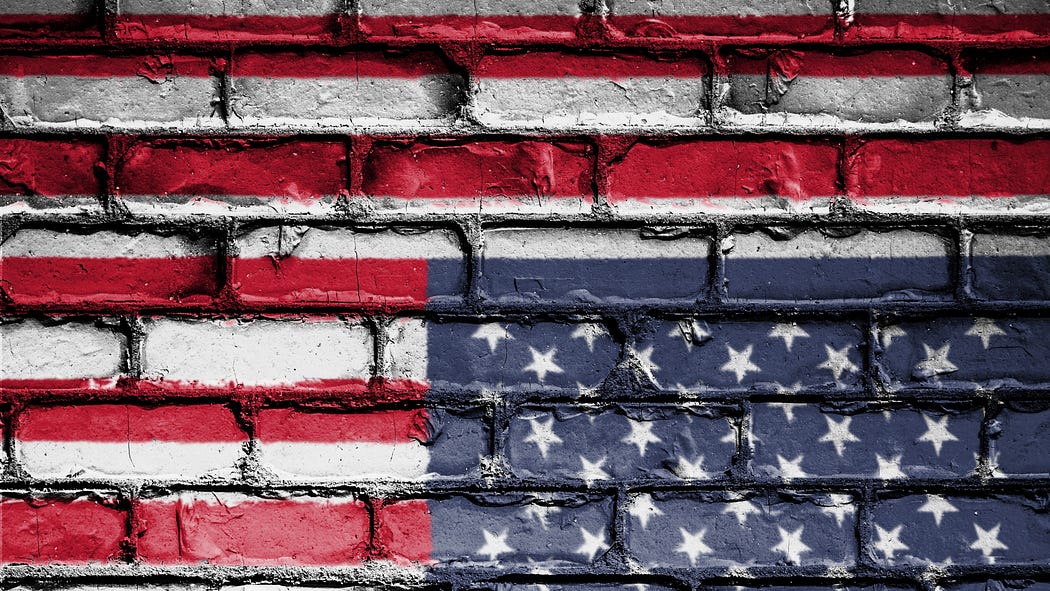Historic Sellout — America’s Looming Betrayal of Ukraine and Europe

Welcome, visitors, to the United States of Sellout, where all your dreams can come true! Whether it’s visiting one of our luxurious casinos in the Gaza Strip or witnessing the majesty of Trump’s likeness at Mount Rushmore, everything is for sale, includ…



